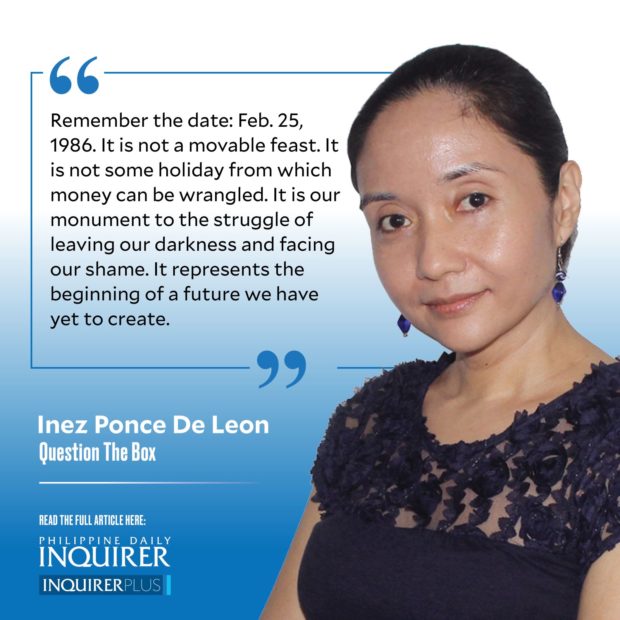
When discussing memories, I always bring up Japan’s tsunami stones. Japan has a long history of destructive earthquakes, and a strong culture of archiving; its coastline is filled with stone markers, some of them hundreds of years old, bearing written warnings of tsunamis past.
After World War II, Japan undertook massive reconstruction, and some of the stones were moved or ignored. The forgetfulness led to the deaths of thousands in 2011, as the tsunami of the great Tohoku earthquake swept through the country’s Pacific side. Northeast, however, in the village of Aneyoshi, everyone survived by obeying a tsunami stone’s reminder to move immediately to higher ground.
Research shows that without archiving, memories of a disaster disappear three generations from its occurrence. While memories can be passed through stories, memorials, like the tsunami stones, are more potent reminders of how to live in a constantly changing landscape.
Memorials, therefore, are not merely monuments for selfies or answers to exam questions. In the words of disaster management scholars Elyse Zavar and Ronald Schumann, memorials “distill” the memories of survivors and encourage recovery.
Commemorating a disaster is also a form of creating memorials. An anniversary, says sociologist Anne Eyre, marks “social time” by allowing a community to express grief through remembrance.
Merely rebuilding over disaster sites, or even moving the anniversary of a disaster, institutionalizes the act of forgetting. Memorials, monuments, and commemoration are the salve to destructive forgetfulness. They are, at times, a fight against a narrative imposed by the powers that be.
The concept of memories is applicable not only to disasters. As we recount the wrath of nature, so, too, must we remember our own moments of dissent and shame. American Studies scholar Erika Doss talks about these sites as places that encourage discussion so that memories are always kept alive.
In the United States, these might include places where the civil rights movement flourished. Closer to home, we are called, once again, to celebrate how we toppled a dictator; but we must also remember that many remained silent in those dark years of the dictatorship, and turned away when people around them starved, were tortured, or were killed for their dissent.
We are called to remember the joy of the streets and the shame of the darkness. To remember is to acknowledge wrongdoing. Forgiveness for that wrongdoing can be given only after a genuine apology by the leaders that allowed it to happen.
To the late psychiatrist Aaron Lazare, a true apology must begin with identifying who the offender is, what the sin is, and who takes responsibility. “Sorry” is not enough. Reconciliation is optional: It can come only with true remorse; otherwise, reconciliation is toxic.
In cultures where the alpha male persona is applauded, apologies feel like humiliation. Lazare, however, argued that in a globalized world, apologies ensure harmony. Tragedies are no longer local. Both sin and reparation echo across borders: One country’s pollution is another country’s floods; one country’s war pushes the world’s economy to its knees.
One country’s experience with dictatorship is a warning. One country’s bloodless revolution inspires all.
Lazare linked these ideas, as well, to the nation, in his book “On Apology”: People are not guilty of the actions in which they did not participate; but if they take pride in the feats of their ancestors, then they must also remember their shame as a nation. Without shame, there is no true national identity.
Any call to move on is a call to be selfish. Without true remembrance, there is no true nationalism.Remember the date: Feb. 25, 1986. It is not a movable feast. It is not some holiday from which money can be wrangled. It is our monument to the struggle of leaving our darkness and facing our shame. It represents the beginning of a future we have yet to create.
—————–
iponcedeleon@ateneo.edu